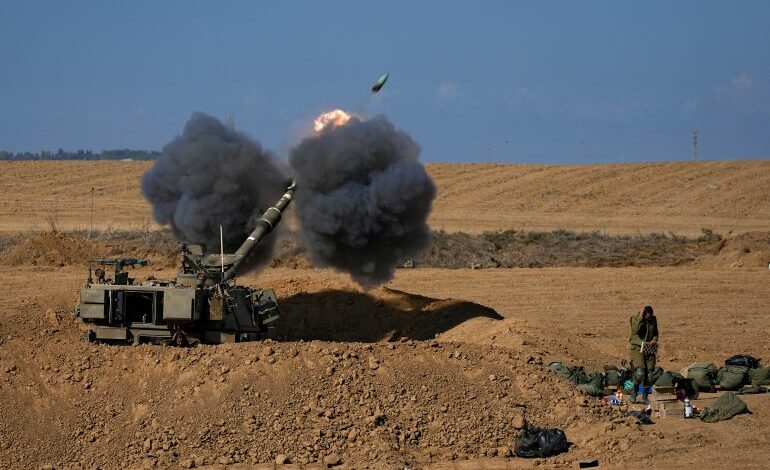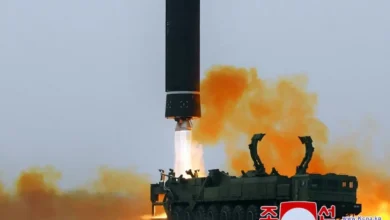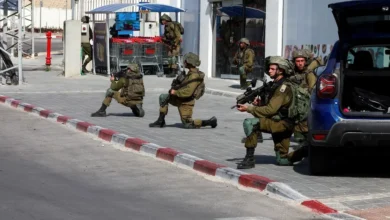Analysis: Israel’s deadlines to Gaza’s Palestinians have failed

The Israeli call for civilians to evacuate the northern half of the Gaza Strip does not seem to have produced the desired results as of yet.
Nobody knows what the primary intention of the announcement made on Friday was, but whatever it was, it fell short of anything that could be called full Israeli success.Israel has been in near-constant armed conflict with Palestinians since that state was proclaimed in 1948. For three-quarters of a century, the two sides have been trying to outsmart and outgun each other. The first step in that is to know one’s enemy.
The conventional belief was that Israel was so successful in penetrating Arab political and military structures that everybody discounted the possibility of a strategic surprise like the one it suffered in the October War of 1973 when Egyptian and Syrian armed forces launched a surprise coordinated attack against it.
Totally shocked Israel was on the brink of defeat but managed to recover, with significant aid from the United States, which sent over 8,000 tonnes of military supplies by air in less than a week. Israel vowed not to get caught unaware ever again and invested heavily in agents, informants, moles, analysts, and sophisticated surveillance and spying techniques.
Then came Saturday, October 7, 2023, which brutally sent to the scrapheap Israeli reputation of omnipotence and the notion that it would know in advance every move Palestinians would make. The Israeli defence and security establishment will study that failure for years, and all Israelis know a huge mistake was made and everyone hopes it will be the last one.
They may be wrong. The evacuation directive may be a sign that Israel has not fully consolidated and that the order was not preceded by deep scrutiny.
In most conventional military situations, sowing panic among a civilian population will unavoidably reflect on the military. Soldiers seeing their relatives, friends and neighbours flee in panic inevitably ask themselves: “Who am I then to fight for?”
Once civilians leave, the military wonders if it is worth dying for empty land. Thus, one aim of the evacuation order could have been the desire to produce that trigger effect.
When civilians flee in panic they block communication lines, making it difficult for the fighting units to manoeuvre, bring reinforcements from the rear and keep the front line supplied with ammunition.










